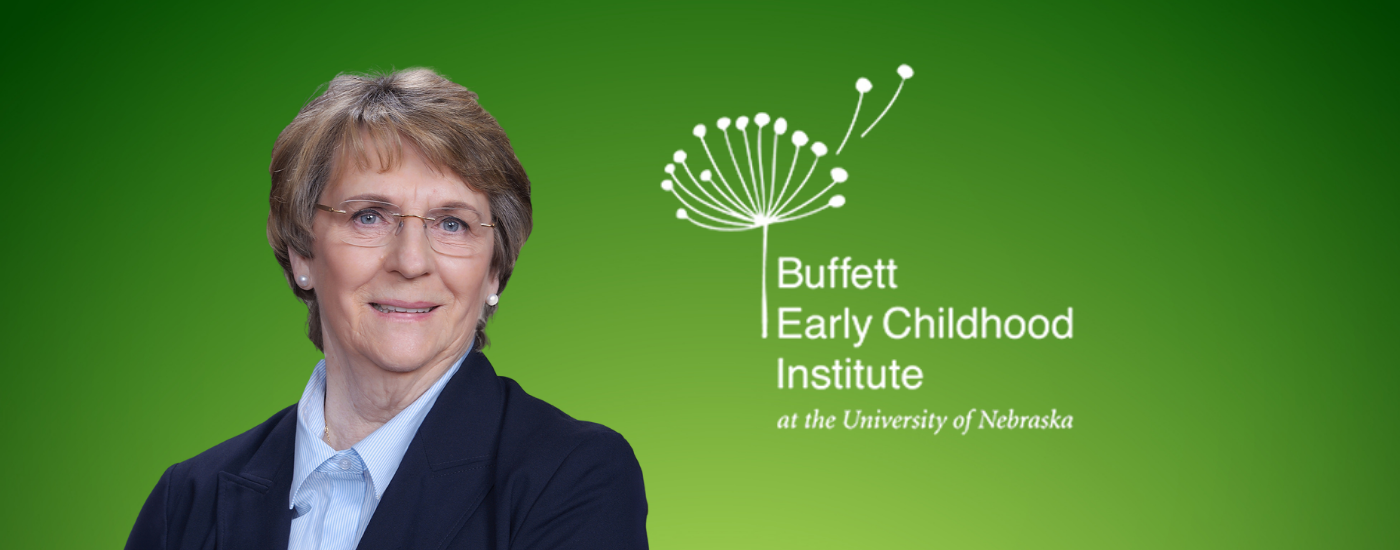Philanthropy’s Role in Addressing Child Care Needs
Child care is at a pivotal crossroads in Indiana and across the nation. National child care expert Linda Smith shares actionable insights on how philanthropy can meet child care challenges.

Child care is at a pivotal crossroads in Indiana and across the nation. During a recent IPA Luminaries call, national child care expert Linda Smith of the Buffett Early Childhood Institute shared actionable insights with funders. Linda shared the Institute's Child Care Gap tool, an interactive map examining the need for child care in the United States.
Here’s a recap of her thought leadership on how philanthropy can be a transformative force in meeting child care challenges.
Recognize the Urgency—and the Opportunity
Indiana faces a 45% child care gap, far higher than the national average. Federal and state funding are shrinking even as demand grows, hitting rural areas and vulnerable families hardest. Philanthropy has a key role to play in closing this gap, but must do so strategically, based on local context and collaboration.
Set the Table, Don’t Go It Alone
A standout theme from Linda Smith was the importance of partnerships. “Philanthropy’s greatest impact comes from setting the table for collaboration,” she observed. Funders can broker partnerships with business, government, and providers, ensuring all voices, including families and local leaders, are heard before designing solutions.
Linda’s advice: Listen first, then act. Don’t arrive with a predetermined solution; instead, use convening power and resources to support true community-based strategy.
Seed Innovation, Support Capacity
Rather than funding ongoing operating costs, philanthropy is most effective when it seeds innovative models, like Nebraska’s rural expansion, Missouri’s tri-share approach, or local credential pathways for the workforce. Grants can underwrite technical assistance, capacity building, and pilot projects that help high-potential providers (especially in rural or lower-quality settings) improve quality and expand slots. Mini-grants, workforce development, and support for data-driven planning were highlighted as high-impact opportunities.
Leverage Data for Smart Investment
Linda emphasized that Indiana’s robust data on child care gaps (broken down by county, city, and program) should guide philanthropic focus. Funders can use this data for targeted, smarter investments and to advocate for public-private solutions that reach the most underserved communities.
Champion Quality and Workforce Development
Strong early care and education rely on qualified staff. Philanthropic investment in workforce pathways, especially the Child Development Associate (CDA) credential, was cited as especially effective. Programs that empower high schoolers to graduate work-ready, as piloted in several Indiana communities, deliver an impressive return on investment and rapidly address staffing challenges.
Foster Policy Innovation
Philanthropy’s advocacy power is vital in bringing businesses to the table and piloting new models that blend public and private resources. Linda offered high praise for the tri-share funding approach, which divides child care responsibility among parents, employers, and government, and for models that streamline funding and technical assistance via third-party entities rather than burdening small businesses.
The Bottom Line
For Indiana funders and foundations, the most transformative work goes beyond direct service provision. It’s about funding the groundwork, forging partnerships, listening deeply to community needs, and creating space for innovation. As Linda Smith eloquently argued, “You cannot pass a $400 billion bill in this country without a broader group of supporters.” The same is true on a smaller scale: only by building wide, inclusive coalitions can we craft lasting solutions for Indiana’s children and families.
Linda Smith, Director of Policy, Buffett Early Childhood Institute at the University of Nebraska
Linda Smith is the director of policy at the Buffett Institute at the University of Nebraska and a Senior Fellow at Child Care Aware of America, with a specific focus on military, rural, and tribal child care, early childhood financing, and engaging the business community in child care initiatives nationwide. In addition to her role at the Institute, Smith has an appointment as professor of education and early childhood development at the Munroe-Meyer Institute at the University of Nebraska Medical Center.
Most recently, she served as director of the Bipartisan Policy Center’s Early Childhood Development Initiative. Prior to that, she was deputy assistant secretary for early childhood development in the Administration for Children and Families (ACF) at the U.S. Department of Health and Human Services and executive director for the National Association of Child Care Resource and Referral Agencies (NACCRRA), where she represented more than 650 community-based agencies.
Smith served as a legislative fellow and professional staffer on the Senate Health, Education, Labor and Pensions Committee. She was the director of the Office of Family Policy for the Secretary of Defense, where she was one of the primary architects of the military’s child care program. Additionally, she has held positions with both the U.S. Army and U.S. Air Force.


